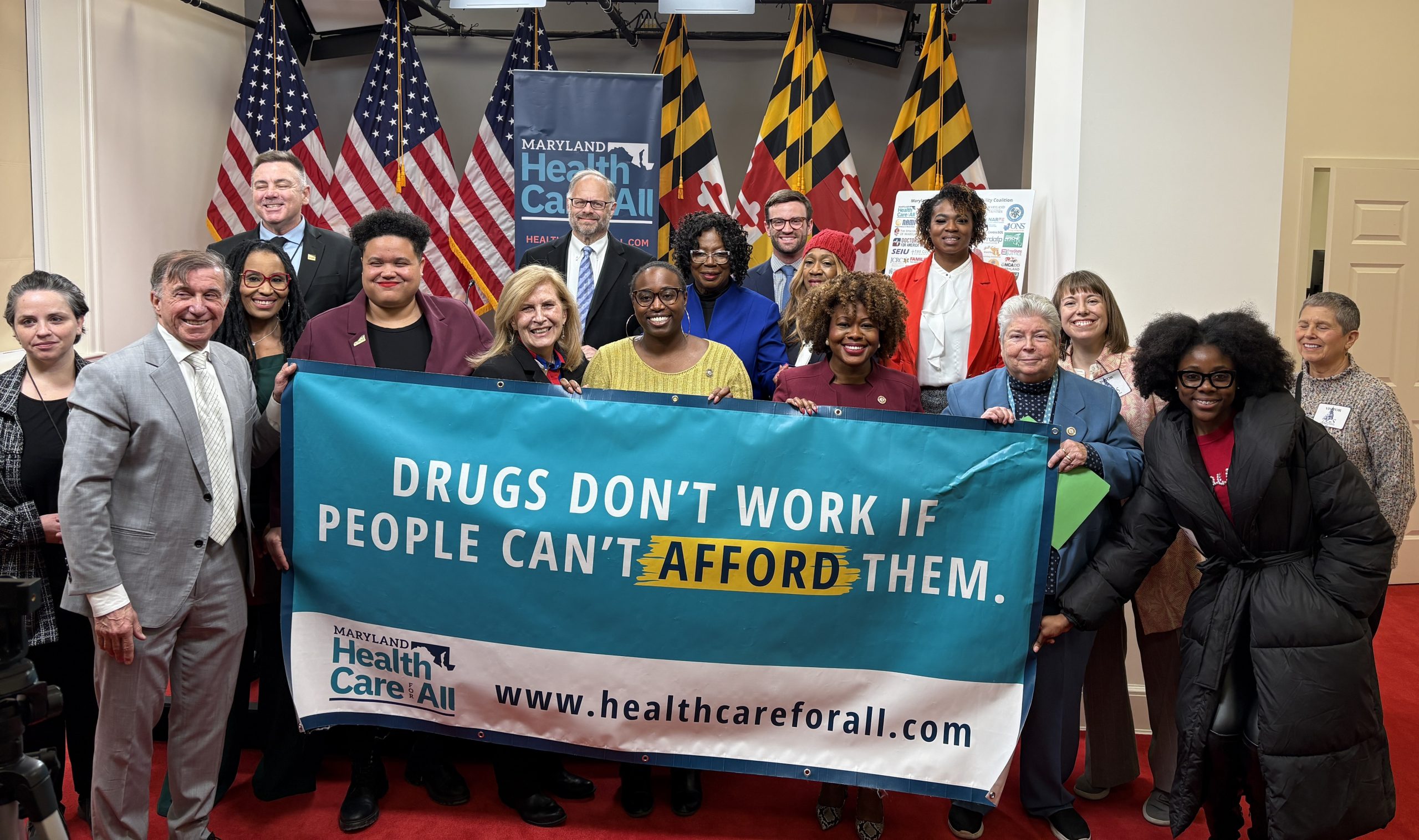Baltimore Business Journal
Wednesday, July 18, 2012, 2:59pm EDT
by Sarah Gantz, Reporter
Maryland health department leaders on Wednesday detailed the long-term care programs that will benefit from $14 million, a portion of revenue generated by the alcohol tax increase that went live last year.
Two programs that provide at-home health services to adults with disabilities and seniors will be able to serve an additional 480 people. The Living at Home and Older Adults waiver programs each will receive $4.5 million in fiscal 2013 from the alcohol tax. An additional $2.3 million will go toward rate increases for health care professionals who serve clients at home. The remaining money will be put toward ensuring the existing waivers are being used and improving case management services for participants of the older adult program.
A $106 million federal grant awarded to Maryland through the Affordable Care Act will further expand those services through 2015.
At a press conference Wednesday at AARP Maryland’s downtown Baltimore headquarters, Secretary of Health Joshua Sharfstein and Deputy Secretary Chuck Milligan spoke about the importance of expanding programs that provide health services to individuals at home, instead of requiring they be at nursing homes or other care facilities.
“We’re going to be able to make a big difference,” Milligan said. “A very big difference.”
Providing care at home can save money by keeping people out of nursing homes and hospitals, and also improves patients’ morale, by allowing them to maintain independence, Milligan said.
John Marshall, a 50-year-old Dundalk resident, understands the importance of independence when living with a disability. The lower half of Marshall’s body went numb while he was riding a bicycle and he spent about a year and a half in a nursing home, waiting for public assistance to help him regain his independence. Two years after the incident, he is paralyzed from the waist down and uses a motorized wheelchair to get around.
“Just being able to make decisions again — when to get up, pay my own bills,” Marshall said.
“It was like a cloud lifted, went away,” he added.
The $14.3 million being put toward long-term services through alcohol tax revenue is part of $64 million in public health services supported by the tax in the state’s fiscal 2013 budget.
Other programs that will receive funding from the alcohol tax are:
– $27.3 million for programs that support individuals with developmental disabilities, such as housing support and transitional youth services.
– $18.4 million for critical community health services. The funding will keep enrollment open for the primary adult care program, provide housing for substance abuse patients and help supply identification cards for homeless individuals.
– $4 million for health enterprise zones, which are intended to bring health care services to areas in need.



